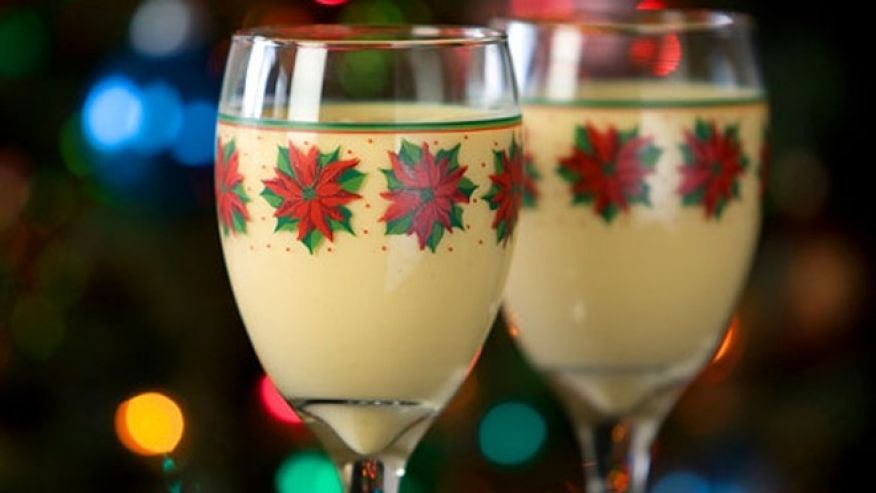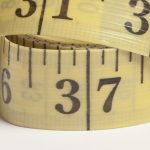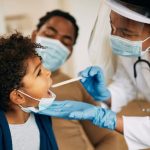4 foods and drinks to avoid if you’re pregnant

Pregnant women are literally “eating for two,” and research shows that their diets impact the food preferences of their unborn children.
A study conducted on rats found a positive correlation between a pregnant female’s junk food consumption, and a preference for junk food in her juvenile and adult offspring. The researchers concluded that, “maternal junk food consumption during pregnancy and lactation has functional consequences on the reward pathway of the offspring immediately postweaning,” meaning that because these offspring were exposed to junk food via the placenta or breast milk, they needed to eat more junk food to attain the same level of pleasure as adults.
A similar experiment, using humans this time, concluded that when pregnant women drank carrot juice, the “prenatal exposure” led to infants enjoying the flavor of carrots during weaning.
But a woman’s diet affects more than her baby’s taste buds; it can also dramatically impact her newborn’s health. The consumption of certain foods can increase the likeliness of premature delivery, miscarriage, or birth defects. Early in their pregnancy, women need to be especially vigilant when evaluating what to eat and drink. A well-balanced diet of fruits, vegetables, whole grains, lean meats, and lots of water is safest. Here are some thing you should definitely avoid, or (in some cases) approach with the utmost caution. Some are obvious, but others might surprise you.
Don’t eat or drink these eight things if you’re pregnant.
Alcohol
Is it OK to have one drink during the holidays? The American Pregnancy Association emphatically states that there is “NO amount of alcohol that is known to be safe during pregnancy,” and recommends that you avoid it altogether. Consuming excessive alcohol during pregnancy may lead to fetal alcohol syndrome and other neurological defects in babies, and there is simply no consensus on the effects of even a little, so why take a chance?
Caffeinated Coffee and Tea
The medical community is split as to caffeine’s role in a healthy pregnancy. Caffeine is a diuretic, meaning it increases the production of urine, and although the American Pregnancy Association confirms that most studies show moderate caffeine intake to be permissible, there are studies that suggest that caffeine may be a source of miscarriage. As a preventative measure, skip caffeine during the first trimester, and don’t exceed more than 200 milligrams (about one 12-ounce coffee) per day throughout the rest of the pregnancy.
Cookie Dough
After making a batch of chocolate chip cookies it’s always tempting to lick the spoon, but pregnant women need to resist this urge because the raw egg used in some uncooked cookie dough can contain salmonella. But don’t fret, many cookie-dough ice creams either omit raw egg or use a pasteurized egg base, ensuring its safety.
Eggnog
Pregnant women need to avoid this classic holiday beverage, even when it doesn’t contain alcohol. Homemade eggnog is made with raw eggs, which may or may not be pasteurized. Unpasteurized eggs can carry disease-causing pathogens such as salmonella and campylobacter, which are especially dangerous during a pregnancy. Store-bought eggnog is all right to drink as long as it’s made with pasteurized eggs. Sidestep the added risks of eggnog by purchasing a non-dairy eggnog alternative like “soy nog.” And make sure you only drink the virgin kind — ironically enough.
[“source-ndtv”]




